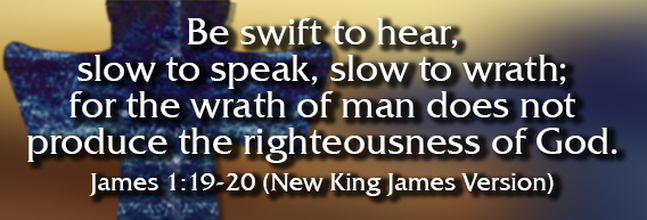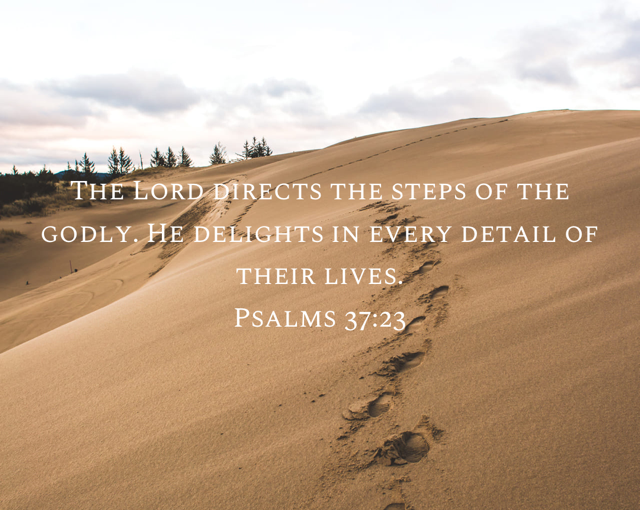
Today’s Reading: Psalms 45
I have a confession: I really read and focus on the first 75% of the psalms and most readings on my first read through. This leaves the remaining 25% of the passage as a skimmed portion. Because I have recognized this in myself, I have made it a practice to read through passages twice on the first time through and then I have to commit to reading the passage several times that week to fully gain the information and knowledge in the passage.
With this preface, I read the passage for the blog several times and now I am able to understand several messages in the passage and see how it reflects what I believe. The two main ideas that have been revealed are: 1.) Blessings are on the way and 2.) We need to get out of the way of the blessings.
In the beginning of the Psalm, the author is writing about the beginning of a celebration and festival. The first ten verses are setting up the splendor and the amazing things that are at hand.
Psalm 45:4-8
In your majesty ride out victoriously
for the cause of truth and meekness and righteousness;
let your right hand teach you awesome deeds!
Your arrows are sharp
in the heart of the king’s enemies;
the peoples fall under you.
Your throne, O God, is forever and ever.
The scepter of your kingdom is a scepter of uprightness;
you have loved righteousness and hated wickedness.
Therefore God, your God, has anointed you
with the oil of gladness beyond your companions;
your robes are all fragrant with myrrh and aloes and cassia.
In these verses it shows the goodness and mercies that God has in store for each of us. God delights in the preparation and celebration that we can enjoy being in union with Him. It details the protection and the blessings that are ready for us in this union.
As we read further, it also demonstrates that we are at risk of not allowing ourselves to enjoy the fullness of the blessings. I have seen this in myself, I have not allowed the richness and fullness of the blessings to be accepted because I allow the past to dictate the future. The things that are in my past continue to try to remind me of who I was and not who I have become in this new union. But as I have grown in my relationship with God, I can forget the past and look toward the future.
Psalm 45:10-11 ; 16-17
Hear, O daughter, and consider, and incline your ear:
forget your people and your father’s house,
and the king will desire your beauty.
In place of your fathers shall be your sons;
you will make them princes in all the earth.
I will cause your name to be remembered in all generations;
therefore nations will praise you forever and ever.
These verses are not saying to negate the past experiences that have created the circumstances that have made you available to this blessing, but to allow them to help you grow into the new creation that He has in store for you.
I believe that God is always ready to give us more blessings and he has them ready, but we have to not allow the past or other influences to hinder the manifestations. Two of the mentors that I look to for direction in the fullness of blessings are Peter and Paul. Both were plagued with their past lives before and with Christ, but through His Love and Patience they became founders of the Church. Stay prayerful and be blessed.





